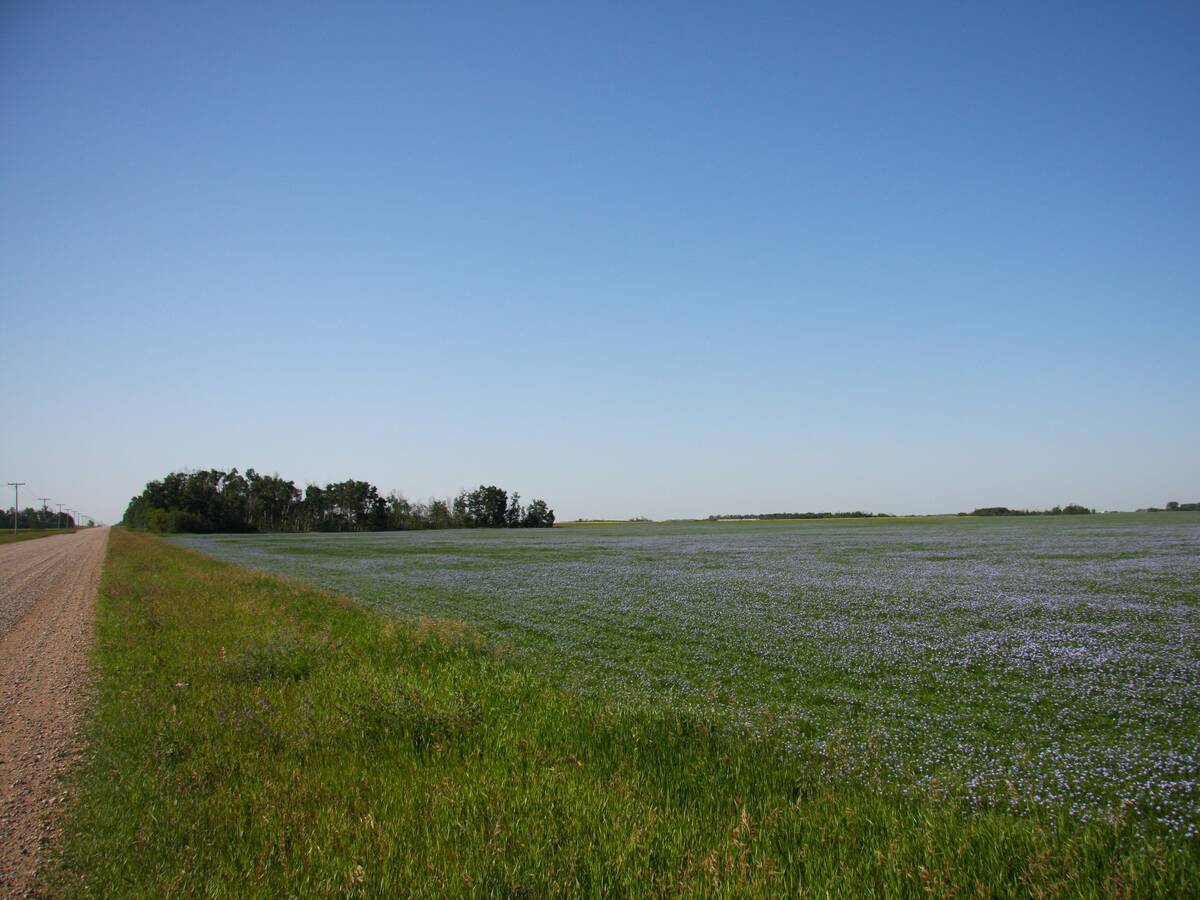An opposition call for more assistance for flooded farmers is premature, says Saskatchewan agriculture minister Bob Bjornerud.
“I’m not trying to downplay the issue or the importance of what’s happening out here,” he said Sept. 17. “But I think it’s early for us to be saying anything right now and I don’t want to raise expectations by saying, ‘Well, we’re going to watch till Oct. 15 and then we’ll do something.’”
Read Also

Farmland advisory committee created in Saskatchewan
The Saskatchewan government has created the Farm Land Ownership Advisory Committee to address farmer concerns and gain feedback about the issues.
The minister said next spring could be even worse.
The NDP has several times called for a payment of $100 per acre for flooded crops and unseeded acres and $50 per head for livestock producers.
Leader and agriculture critic Dwain Lingenfelter renewed his call last week, saying that the aid announced so far won’t come close to covering the real costs of the flood.
Bjornerud said most of the assistance through Saskatchewan Crop Insurance Corporation’s unseeded acreage program has gone out and about $200 million of the $360 million federal-provincial excess moisture program has been paid so far.
He expects 2010 crop insurance and Agristability payments to be high.
“This might be a good time to see just how well Agristability is going to work. If it doesn’t work this year, it’ll never work.”
The 2010 claims will be the first to be processed by the province rather than the federal government.
Lingenfelter had also criticized the provincial budget this spring for cutting the amount allocated to Agristability. However, the government said Ottawa provided the $104.6 million estimate of what the program should cost this year.
Bjornerud said that amount won’t be enough.
“Whatever our share is, we’ll honour it,” he said.
He added that none of the provincial farm organizations have yet called for additional help, probably because they are hoping for warm, dry weather to get crops off.
He believes farmers will try their best to harvest as much as they can.















